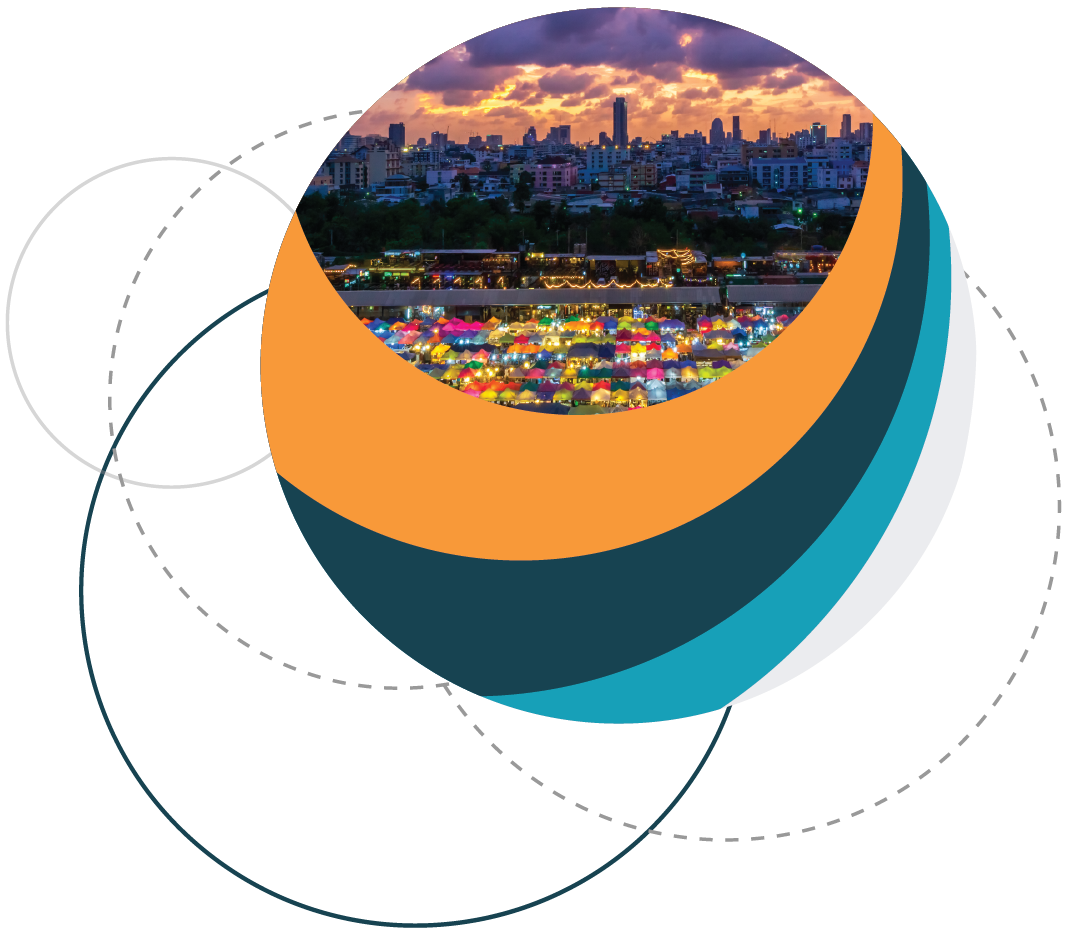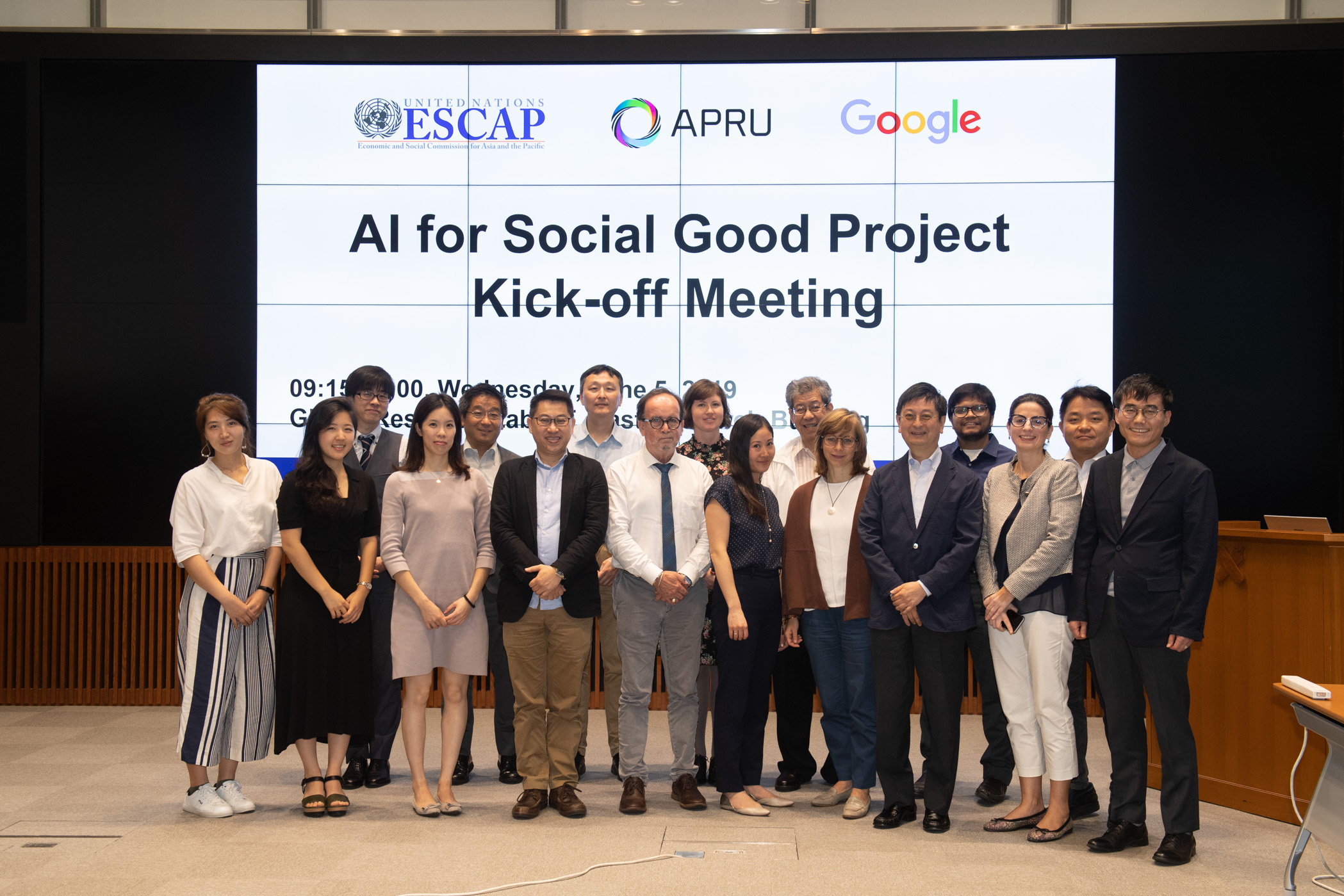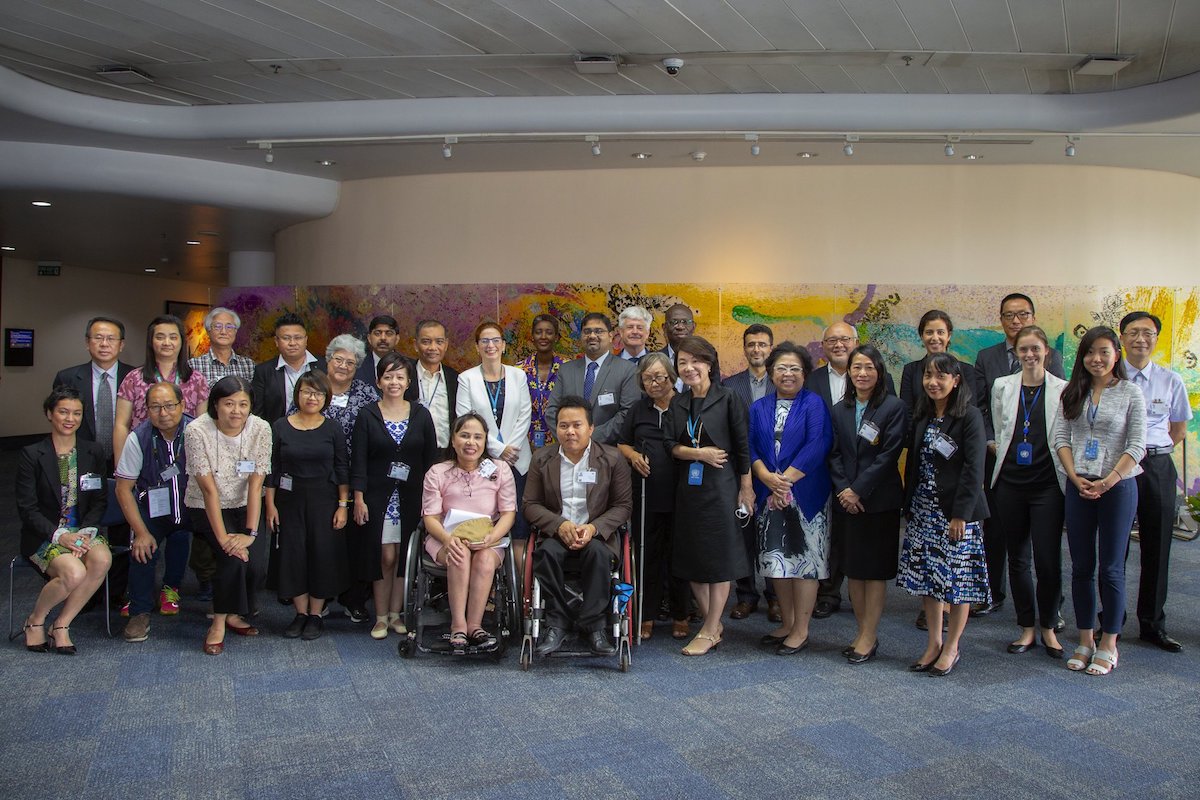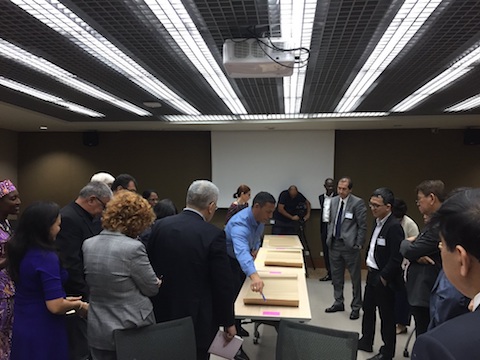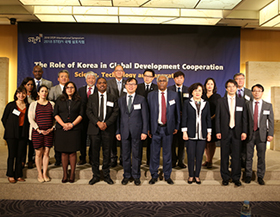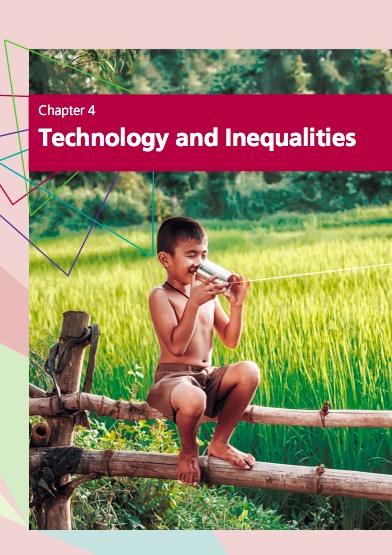Second ASEAN Inclusive Business Summit
Building enabling policy environments and promoting inclusive business in ASEAN: celebrating advances and envisioning the future. The Summit will be attended by representatives from the inclusive business ecosystem in ASEAN and will be held In Bangkok on 1 November 2019.

